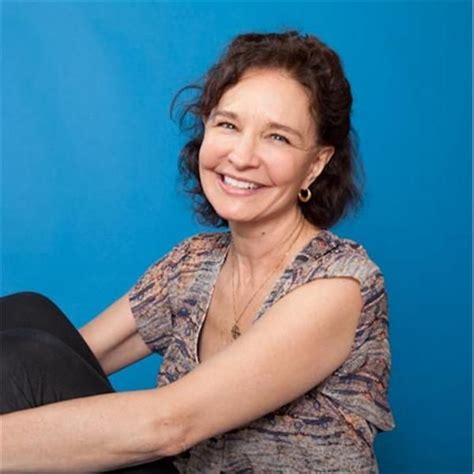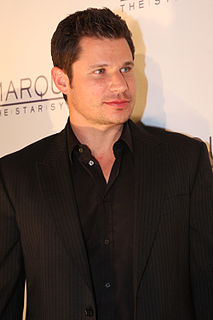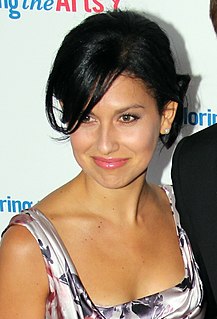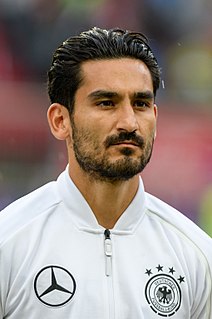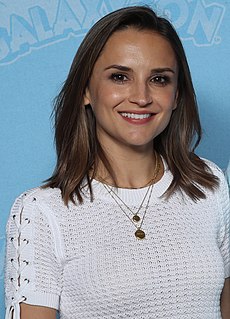A Quote by William G. Tapply
Everything characters say or do is a clue to their personalities, their histories, and the forces that motivate them.
Quote Topics
Related Quotes
The people who write official histories for the Army believe that a generation needs to pass before you can tackle the official history. It's useful to have some distance. Sources become available. Passions cool. It allows an opportunity to make some real assessments and judgments about personalities and characters.
If you have the personalities down, you understand them and identify with them; you can stick them in any situation and have a pretty good idea of how they're going to respond. Then it's just a matter of sanding and polishing up the jokes. But if you've got more ambiguous characters or stock stereotypes, the plastic comes through and they don't work as well. These two characters clicked for me almost immediately and I feel very comfortable working with them.
First comes an idea. Then, characters begin to evolve out of the landscape of that idea. And then, finally, characters dominate: plot is simply a function of what these people might do or be. Everything has to flow from their personalities; otherwise it will not be emotionally engaging, or plausible.
I have my way of doing things, because I am that way, I try to raise my voice to motivate team-mates and make them aware that if they lose a ball it is not a problem, so I try to motivate my team-mates and to speak to them and, because I see the game from the back I see everything in front of me; communication on the field can help a lot.
When I write fiction, I have the illusion of being able to control these fictional worlds and these characters, and to make them say what I want them to say. Of course, the problem is that it is an illusion, and by the end of it you realize that you're not in control of it at all; the characters have taken over, and they're driving the vehicle.
We're all animals, that we all respond to the same stimuli. If you want to motivate somebody not to have premarital sex, or motivate black bears not to go diving into dumpsters, first you have to think about why they do it. Telling them to stop isn't going to help. There has to be some incentive for them to alter their behavior.
It makes it very easy. I have a beginning, middle, and end, and I don't film for long - about 20 hours usually for a two-hour film - so it's easily watchable in a week for me and the editor. Once I know who the characters are, I only film those characters, unless somebody else forces their way into the film by a scene happening to them or we meet them by chance.



